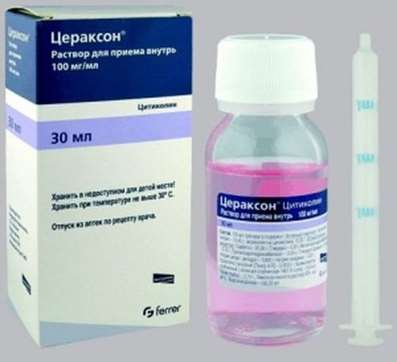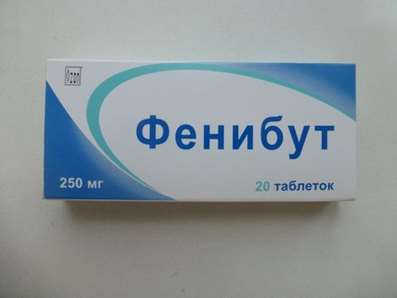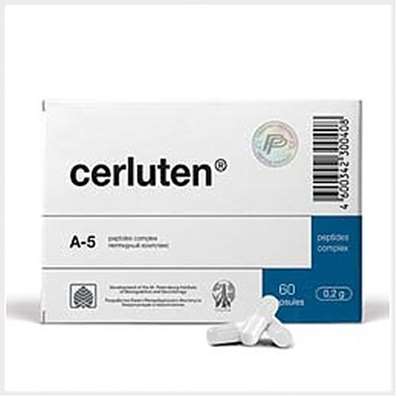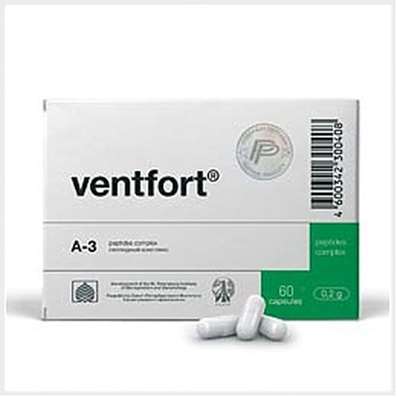Instruction for use: Desmopressin (Desmopressinum)
I want this, give me price
Chemical name
1-Desamino-8-D-arginine-vasopressin acetate
Pharmacological group
Hormones of the hypothalamus, pituitary gland, gonadotropins and their antagonists
Nosological classification (ICD-10)
E23.2 Non-diabetes mellitus
Diabetes insipidus, Non-sugar, Renal form of diabetes insipidus, Non-hypophyseal diabetes pituitary (central)
R32 Urinary incontinence unspecified
daytime enuresis, Idiopathic bladder instability, Urinary incontinence, nocturia, The disorder of the bladder sphincter function, Spontaneous urination, Mixed forms of urinary incontinence, Functional disorders of micturition, Functional micturition disorders, Functional enuresis in children, Enuresis
Code CAS16679-58-6
Pharmacology
The pharmacological action is vasopressin-like.
It has an anti-diuretic effect, stimulates the activity of the VIII factor of blood coagulation. Increases the permeability of the epithelium of the distal sections of the convoluted tubules to water and increases its reabsorption. Antidiuretic effect develops with parenteral routes of administration (sc, v / m, in / in) and instillation in the nose. Despite the fact that T1 / 2 is 75 minutes, it persists for 8-20 hours. Day and night polyuria disappears after 2-3 times, while intravenous administration is 10 times more effective than intranasal.
Increases the activity of factor VIII coagulability in patients with hemophilia and von Willebrand disease: after infusion of 0.4 μg / kg, its level is 300-400% of the original; Response occurs after 30 minutes and reaches a maximum (3-4-fold increase) for 1.5-2 hours. The activity of the VIII factor antigen and ristocetin-Cofactor activity increase to a lesser extent. Desmopressin equally increases the VIII factor in mild haemophilia A, Willebrand's disease, and in healthy volunteers. There is also a rapid increase in the concentration of plasminogen without a clinically significant increase in fibrinolysis.
Indications
Non-diabetes, acute polyuria, polydipsia after surgery in the pituitary, primary bed-wetting (only for intranasal use); For intravenous administration - hemophilia A, von Willebrand's disease (except type IIb); Nocturia.
Contraindications
Hypersensitivity, congenital or psychogenic polydipsia, anuria, fluid retention of various etiologies, plasma hypoosmolarity, circulatory insufficiency, need for diuretic therapy. For intravenous administration - unstable angina, Willebrand's disease type IIb.
pregnancy and lactation
The action category for fetus by FDA is B.
Side effects
Transitory headache, nausea, spastic abdominal pain, dysmalgomenorrhea, mild hypertension, hot flashes, moderate lowering of blood pressure, compensatory tachycardia (with iv), allergic reactions (including anaphylactic shock); Puffiness, local hyperemia, pain at the injection site.
Interaction
Strengthens the effect of vasopressor drugs (should monitor BP).
Routes of administration
Intranasally, sc, v / m, iv.
Precautions
To reduce the risk of water intoxication and hyponatremia, you should limit the use of fluids (especially to children, adolescents, the elderly) using fluid. In rhinitis should be prescribed sublingually (because the absorption from the nasal cavity is disturbed).

 Cart
Cart





